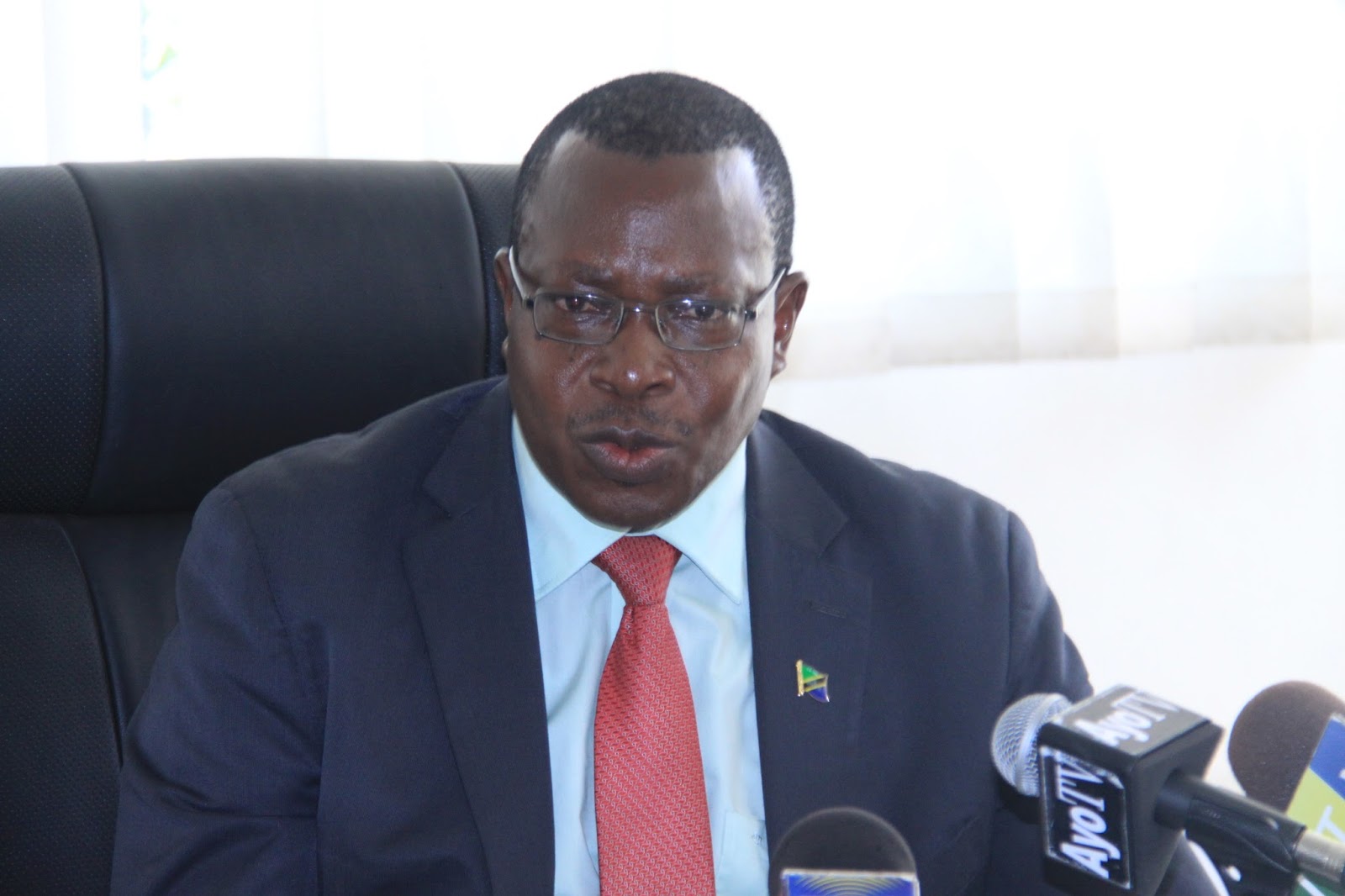AfricaPress-Tanzania: THE government has embarked on a public awareness plan to liberate rural financial services from unstructured rules and operating conditions imposed by microfinance institutions that have been unregulated for decades.
The key sub-sector that needs spot-on troubleshooting affects nearly 55 per cent of the country’s population.
Minister for Finance and Planning, Dr Phillip Mpango, highlighted abusive—nature of debt collection, awkward interest rates and concealed contracts as some contagious cases.
A lot more people, especially women and children, have suffered as a result of that, the minister said. “We have enacted legal instruments to regulate the microfinance subsector and this includes the policy, the law and its regulations,” he said in Dodoma.
The Microfinance Act, 2018 now compels Savings and Credit Cooperative Societies (Saccos) and private renders to have a minimum of between 10m/- and 20m/- capital to be licensed.
The law also compels such institutions to pay dividend to its shareholders at the end of its every financial year.
“Principally, these institutions have not been giving dividends, neither do they have actual figures and information regarding their operations, thus denying the government knowledge on the contribution of the keyfinancial subsector,” Mr Mpango noted.
The new regulations that he also launched include one under the ministry, and the other for institutions receiving deposits, those with no deposits, Saccos as well as Village community banking (Vicoba).
The government was equally concerned that the microfinance sub-sector had been also at the centre of money laundering.
“We had no legal instruments, now the new law empowers the Bank of Tanzania (BoT) to regulate the sector in collaboration with regional administration and local governments and the Tanzania Cooperative Development Commission (TCDC).
Dr Mpango said the new law imposed protection clauses for customers and established penalties to defaulting institutions.
“There are areas that provide needs for credit references, but also procedures with regard to debt collection,” he noted.
Mr Richard Wambure, representing the BoT governor, said the plan was vital as the country moved to implement its development vision targeting a middle income by 2025.
He explained that the law established an appropriate procedure to oversee microfinance, while providing consumer protection.
“BoT has so far completed drafting regulations and instruments to delegate supervision to RALG and TCDC,” he said, adding that interested operators had until October 31, 2020 to ensure they were registered and licensed under the new legislation.
Ms Irene Mlola, Operations Director at the Financial Sector Deepening Trust (FSDT), said the organisation was confident that the new drive would empower Tanzanians economically.
She noted that the most interested parties to benefit were women, children and people with disabilities especially those living in rural areas.







